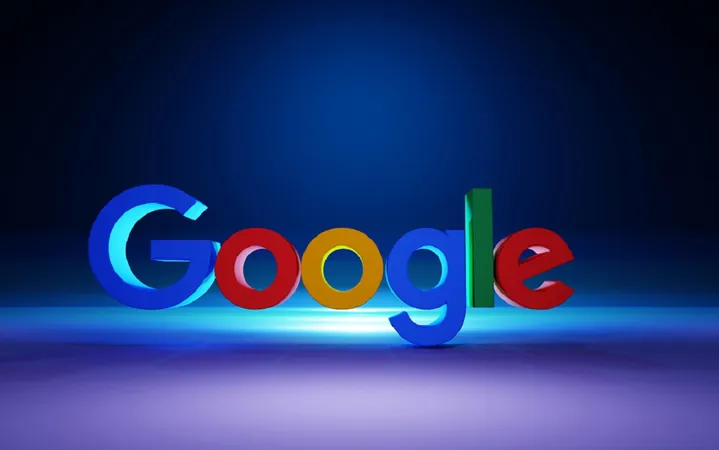
Users Sound Off: The Truth Behind Google Messages Encryption Confusion
2024-12-09
Author: Li
Introduction
In recent weeks, Google Messages has come under fire for its end-to-end encryption (E2EE) capabilities, with many users expressing confusion and frustration over the app's security claims. Although Google markets its messaging service as being secure, many experts argue that the level of encryption provided is not as comprehensive as advertised.
RCS Limitations
According to Google, messages sent via Google Messages are encrypted. However, renowned tech blogger from Darinfireball.net pointed out a major caveat: E2EE is only available through Rich Communication Services (RCS)—the modern successor to traditional SMS—if all chat participants have the latest version of Google Messages installed. This means that, in reality, many users might not experience the full encryption benefits touted by the tech giant.
Data Security Concerns
Red flags have arisen regarding data security during everyday conversations. While Google's Play Store page reassures users that their data is sent over a secure connection, this doesn’t guarantee that messages exchanged with non-Google Messages or older Android devices are secure. For example, if you're texting an iPhone user or someone using an outdated messaging service, those communications may not be encrypted at all. This leaves a substantial gap in privacy and security for everyday users.
Google Voice and RCS Incompatibility
Even more perplexing, Google Voice users report that they cannot leverage RCS in their messaging, despite the fact that Google itself promotes the transition to this newer communication standard. The inconsistency seems to undermine the reliability of Google’s features across its platforms.
User Feedback and App Design
User feedback highlights the frustration stemming from the visual indicators within the app. All RCS messages appear with identical dark blue chat bubbles, making it difficult for users to distinguish between secure and unsecure messages at a glance. Although Google Messages does incorporate a subtle lock icon to signify secured chats, the reliance on color alone—without a marked difference like the distinct blue and green indicators used by Apple's iMessage—leaves much to be desired.
Conclusion: The Call for Clarity
With so much ambiguity surrounding the encryption capabilities of Google Messages, the call for clearer communication from the tech giant grows louder. As users increasingly prioritize privacy in their online communications, it will be crucial for Google to both enhance the encryption and streamline user understanding of when and how it applies.
Could this ongoing confusion push users towards other messaging applications that provide clearer security indicators, like Signal or WhatsApp? As the digital landscape continually hones in on privacy matters, companies like Google will need to step up their game or risk losing loyal customers. Stay tuned for more updates on this evolving story!




 Brasil (PT)
Brasil (PT)
 Canada (EN)
Canada (EN)
 Chile (ES)
Chile (ES)
 España (ES)
España (ES)
 France (FR)
France (FR)
 Hong Kong (EN)
Hong Kong (EN)
 Italia (IT)
Italia (IT)
 日本 (JA)
日本 (JA)
 Magyarország (HU)
Magyarország (HU)
 Norge (NO)
Norge (NO)
 Polska (PL)
Polska (PL)
 Schweiz (DE)
Schweiz (DE)
 Singapore (EN)
Singapore (EN)
 Sverige (SV)
Sverige (SV)
 Suomi (FI)
Suomi (FI)
 Türkiye (TR)
Türkiye (TR)